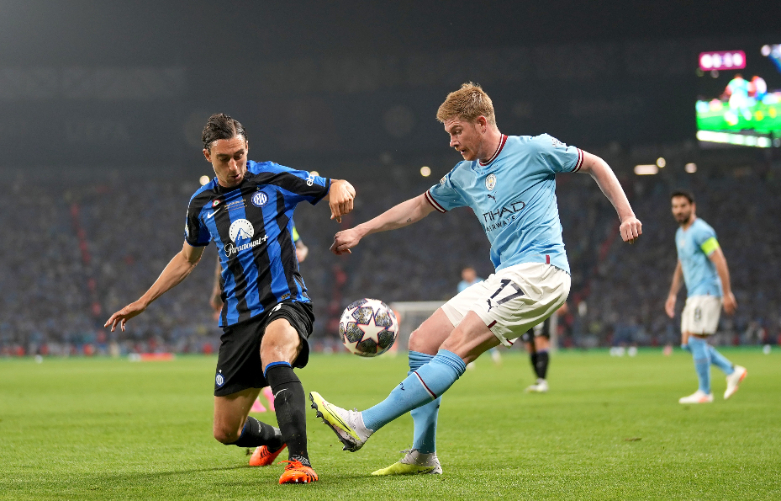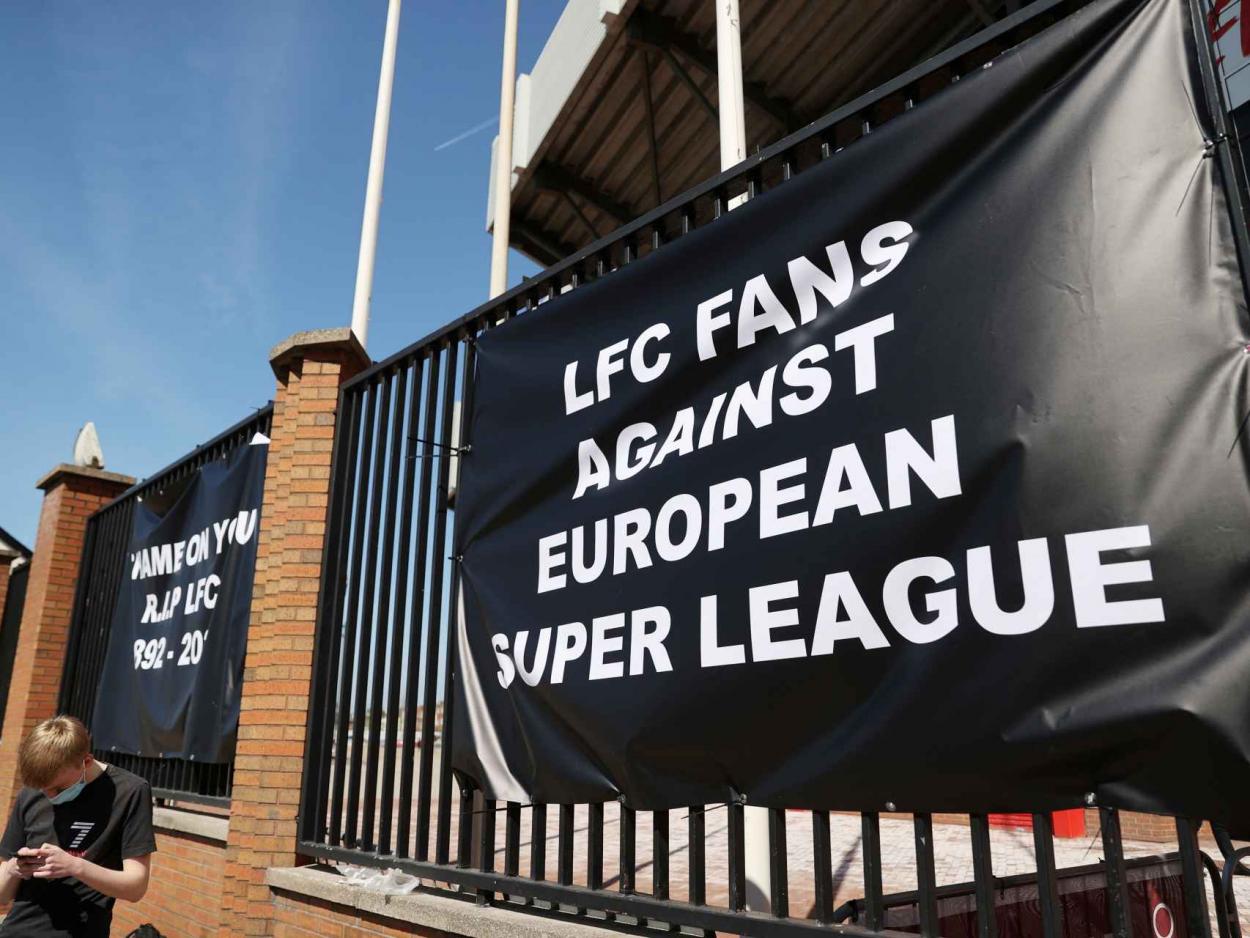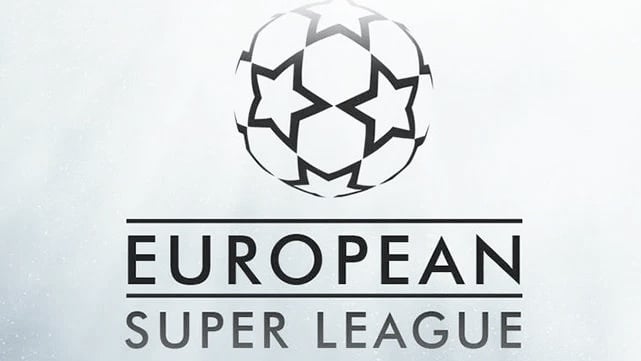On the eve of the Christmas holidays, the Court of Justice of the European Union was kind enough to publish the resolution of the much publicized ''Superliga case'', responding to the preliminary questions that had been raised by the Commercial Court number 17 of Madrid.
The media did not take long to start talking about ''victory for the Superliga'', ''a blow to FIFA and UEFA'', ''freedom in football'', and so on, and so on', and a long etcetera that seemed to suggest, at the very least, that the new competition would become a reality in a matter of time.
However, nothing could be further from the truth. In spite of the optimism of some of the media supporting this competition, a simple reading of the resolution is enough to realize that it is really decaffeinated and that, in reality, both parties can be considered the winners of the contest. Or maybe they both lose...
What are the most relevant aspects of the decision?
The Court of Justice of the European Union makes one aspect of the organization of soccer competitions and the exploitation of broadcasting rights very clear, stating that both are clearly economic activities. Consequently, since they are considered as such, and despite the specific characteristics of the sport, they must at all times comply with the competition rules.
It is clear that FIFA and UEFA have a dominant position in the soccer sector, but this, although it could be a problem, is not a problem in itself. FIFA and UEFA have the power to determine under what conditions potentially competing companies can enter the market, but at all times this power must be accompanied by the implementation of a series of criteria to ensure transparency, objectivity, non-discrimination and proportionality.
This is where one of the small ''victories for the Super League'' comes in. The CJEU states that ''the powers of FIFA and UEFA are not subject to any such criteria and, consequently, both are abusing their dominant position''. Similarly, it states that''the authorization, control and sanctioning rules, in view of their arbitrary nature, must be qualified as an unjustified restriction on the freedom to provide services''.
It is true that if this were to remain here, it could be understood as a clear victory for the competition promoted by Florentino Pérez. However, the Court of Justice of the European Union made it clear that ''a competition such as the Superliga project does not necessarily have to be authorized'', and did not rule on the project specifically as it had not been directly consulted on it.
Similarly, with regard to the exploitation of broadcasting rights, the CJEU states that the FIFA and UEFA rules may harm European soccer clubs, all companies operating in the media markets and, finally, consumers and television viewers, by preventing them from benefiting from potentially innovative or interesting new competitions. We can call this another ''small victory'' for the Super League.
In short, and making an important work of synthesis: UEFA and FIFA can establish criteria for the creation and implementation of new competitions, but these must be transparent, objective, non-discriminatory and proportionate. Therefore, the current FIFA and UEFA regulations that make any creation of a particular club soccer competition subject to their prior authorization (without establishing what criteria must be met for such authorization to be granted), is clearly contrary to the current rules of FIFA and UEFA.As a result, it is clearly contrary to current legislation and, consequently, neither can it be applied nor can it be sanctioned to those clubs and players who took a position in favor of this new European club competition.
However, FIFA and UEFA have the possibility to elaborate and implement the regulations they deem appropriate on the matter in dispute, as long as they do not close the market and respect, at all times, the principles and law of the European Union. And here we have what we can consider as a point in favor of FIFA and UEFA, since the resolution, in fact, endorses the possibility for both to establish regulations regarding the authorization of the creation of new competitions, as long as they comply with the aforementioned.

Has the issue been resolved?
Nothing could be further from the truth.
We cannot forget that the CJEU ruling does not come to resolve the ''Superliga case'' but is simply a response to the preliminary questions raised by the Commercial Court of Madrid.
For those readers who are not familiar with what a preliminary question is, we could define it as the possibility for a Court of any Member State of the European Union, in the context of a dispute it is hearing, to ask the CJEU about the interpretation of EU law. That is to say, the CJEU does not resolve the national litigation, but it will be the Madrid Court itself that will have to resolve it, being bound by the answer given by the CJEU.
But be careful, two important questions arise here:
1. The CJEU does not directly rule on whether a project such as the Superliga should be authorized, so this point, which is extremely important, will have to be resolved by the Spanish court.
2. UEFA, which is not badly advised legally, already saw what could happen and, consequently, approved in 2022 a Competition Authorization Regulation establishing, precisely, all matters relating to the criteria to be met for the creation of a new competition to be possible, as well as the procedure to be followed.
Now another question arises, where is the limit to determine whether the criteria established by this new regulation are restrictive of competition, as well as to decide whether they are in accordance with the principles of proportionality, objectivity, transparency and non-discrimination? But well, let's leave this for another article.

Let's play a guessing game: What is the future of Super League?
This question, as of today, has no clear answer at all. However, I venture to give my personal opinion.
Although, from a legal point of view, the question is really even, I believe that as a result of the CJEU ruling a new reality has emerged that makes me think that the balance will be tipped in favor of FIFA and UEFA.
What do I need to create a competition: clubs.
What have most clubs said: they don't want to participate.
The vast majority of clubs that were originally part of this new competition have already said, either of their own free will, under pressure from their fans or because of the ''anti-Superliga clauses'' implemented by Federations such as the Italian one, that they will not be part of the Superliga and that they will not participate in it.The right way forward is to work hand in hand with FIFA and UEFA to make the Champions League format (which will change as of 2024) interesting and profitable, both from a soccer and economic point of view.
It is true that it only takes a second to change your mind but, as of today, the clubs do not want to participate in the Superliga (except for Real Madrid and F.C. Barcelona, perhaps the two most involved teams). Barcelona, perhaps the two teams most involved in the implementation of the new format) and, therefore, if the idea was to create a competition where the best teams play against each other and those teams do not want to participate, the competition loses its most intrinsic sense.
In short, let's let time pass and let's see the definitive pronouncement of the Commercial Court of Madrid to be able to determine, in a clearer way, what will happen in the future.
For now, from my point of view, a goalless draw but possession for FIFA and EUFA.

